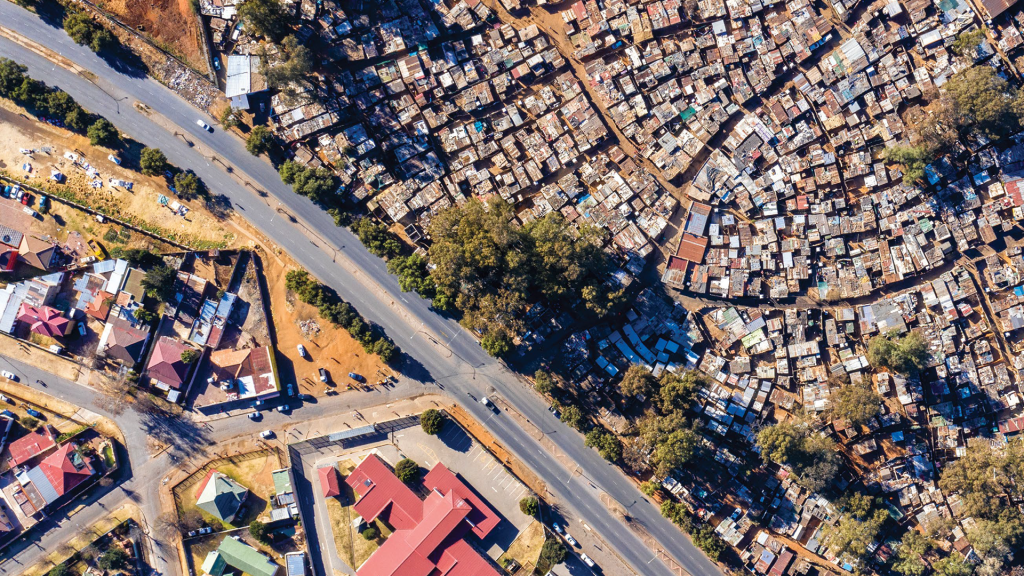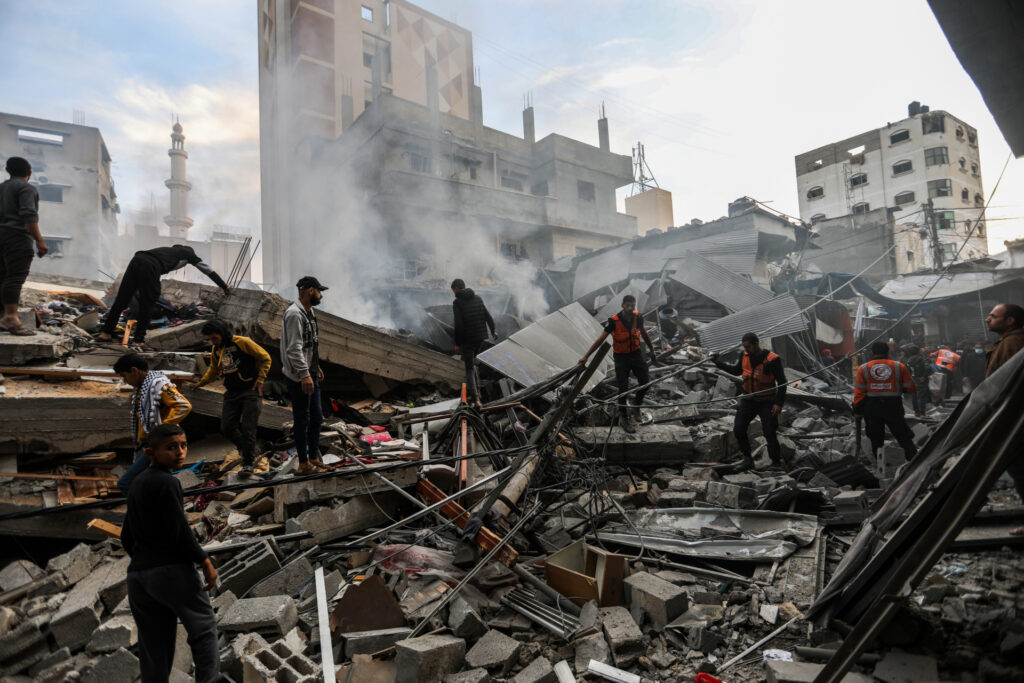Africa is heading toward a demographic explosion that will reshape the world. What should global leaders understand?
LUÍSA DIAS DIOGO: By 2050, we will have 2.5 billion people in Africa, with 150 million young people under 25. Half of this population will be in cities that simply haven’t been prepared for such an influx. This isn’t just an African problem—it’s a global challenge that will determine how the world evolves.
These young people will be seeking jobs, seeking survival. When you have young people looking for jobs and not finding them, they will be ready to do anything. They have nothing to lose. Without employment, they won’t just stay put—they will create different kinds of pressures at home, in European countries, and across the developing world.
The finance architecture is broken for this reality. I used to negotiate bilateral, concessional debt as Finance Minister. Now African leaders face commercial debt that can’t be rescheduled easily. The international architecture must change because when countries declare they cannot pay, everyone loses—the country loses credibility, lenders lose money with no prospect of recovery.
Why are African cities failing their growing populations, and what must change?
LDD: Look at the stark reality: in Mozambique, urban poverty has exploded to more than 70%—we used to have less than 50%. This is happening because cities get less attention than rural areas, despite housing half our population.
We must stop having city leaders act as firefighters. Right now, they’re constantly responding to crises instead of planning transformative futures. In my experience with Mozambique’s industrial areas, I’ve seen how unprepared cities become sources of instability rather than prosperity.
Cities need real power—revenue collection, investment authorisation, the ability to move fast on green industrialisation and circular economy initiatives. We’re not talking about sovereignty issues, but practical decision-making authority. Otherwise, instead of cities organising the demographic dividend, we will have cities organising demographic failure.
Can the private sector step up to meet this urban challenge?
LDD: Absolutely, but governments must take the first step. I’ve learned that when you approach the private sector with agendas where they see sustainable returns and regional stability, they engage. The key is awareness and dialogue.
Municipal leaders need to sit with investors and say: “This is our city. We’re working here together. How do we solve these challenges?” Look at banking—we’re already selecting investments based on future sustainability, rejecting materials that harm our continent’s development.
The companies moving fastest on green industrialisation started with government-led conversations about shared challenges and opportunities. We need much more of this partnership thinking.
What should South Africa champion during its G20 Presidency?
LDD: President Ramaphosa is Africa’s ambassador in these rooms, and he needs to challenge the G20 whilst showing we’re ready to lead. Three priorities stand out:
First, regional integration—we need connected markets, not fragmented pieces with different rules. Second, innovation and digitalisation—both sides must abandon old dogmas for new solutions to unprecedented challenges. And third and most importantly, capacity building for transformative leadership at every level. What Africa needs is the “how”, and that must be developed together. We’re mobilising our own revenues, but we need initial partnership to reach the next stage.
The demographic transformation is coming whether we’re prepared or not. The question is whether we’ll shape it into opportunity or watch it become a crisis.



